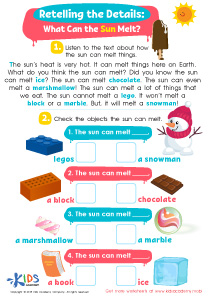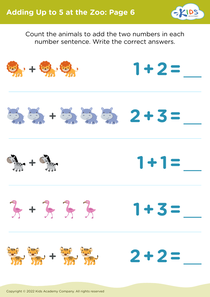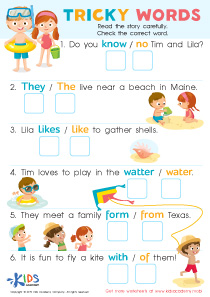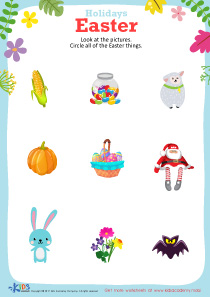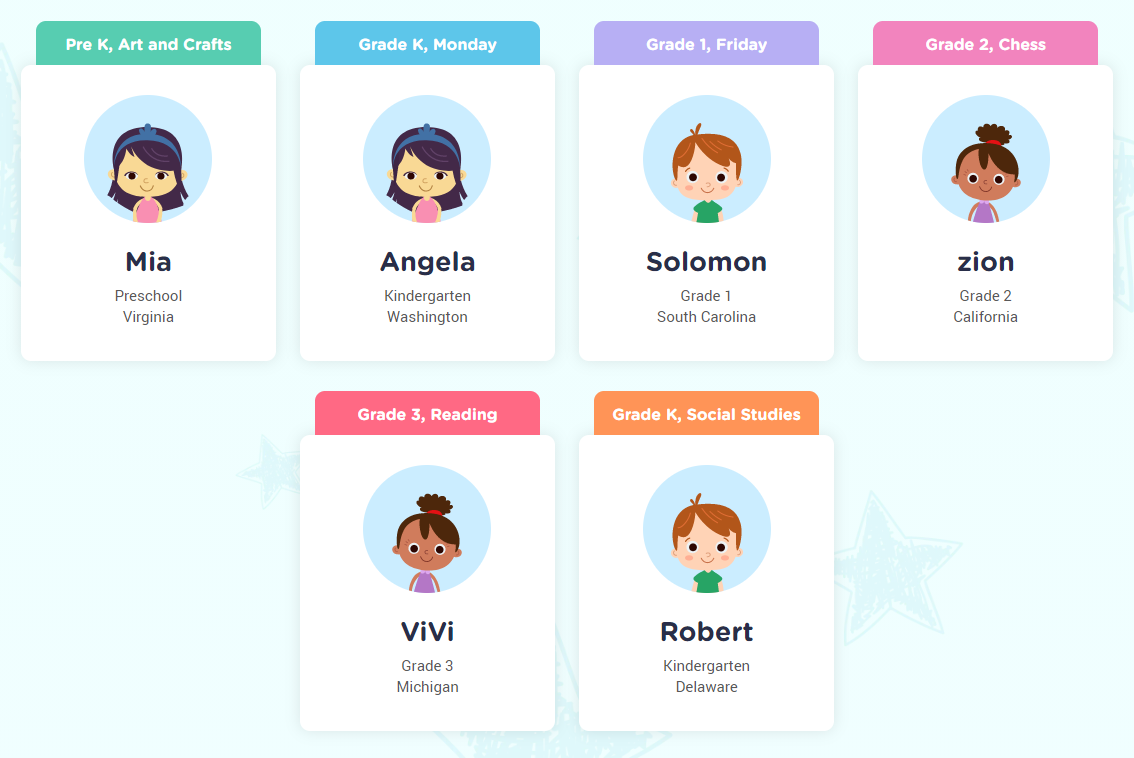Easy Reading Literature Quizzes for 3-Year-Olds
2 results
2 filtered results
Clear all filters2 filtered results
-
From - To
Unlock the magic of storytelling with our "Easy Reading Literature for 3-Year-Olds" interactive assessment quizzes! Tailored specifically for tots, these quizzes combine fun with learning, ensuring your little one engages with the joys of reading from an early age. Watch as they journey through enchanting stories, all the while checking their comprehension and providing instant feedback to encourage their progress. Designed to captivate and educate, our easy interactive quizzes make early literacy development a delightful adventure. Begin your child's literary journey today, and witness their love for reading literature blossom!
In today’s fast-paced world, cultivating a love for literature from an early age is crucial. Easy Reading Literature for 3-Year-Olds provides an exceptional foundation for young learners to begin their journey into the enchanting world of books. This innovative program is not just about reading stories; it’s a comprehensive learning experience designed to engage, entertain, and educate children in their formative years.
For many parents and educators, the challenge lies in making literature accessible and enjoyable for toddlers. This is where our Easy Reading Literature for 3-Year-Olds comes into play, offering a series of interactive quizzes tailored to the learning capacity and interests of young minds. These quizzes are not only a source of fun but are instrumental in enhancing children’s comprehension skills, vocabulary, and emotional understanding.
How Our Quizzes Help Children in Their Studies
Engaging Young Minds: The interactive quizzes are designed with vibrant illustrations and characters that capture the imagination of 3-year-olds. This visual and interactive approach ensures that children are not just passive readers but active participants in their learning journey. Engaging young minds in this manner lays the groundwork for a lifelong love of reading.
Building Vocabulary: Through repetitive and thematic storytelling, children are exposed to new words in various contexts, allowing them to build their vocabulary in a natural and intuitive manner. The quizzes prompt children to recall and use these new words, reinforcing their learning and making it easier for them to express themselves.
Enhancing Comprehension Skills: Each quiz is carefully crafted to match the cognitive abilities of 3-year-olds, with questions designed to test and enhance their understanding of the story. This approach helps in developing critical thinking skills from an early age, as children learn to remember story details, understand sequence, and make connections between different parts of the story.
Fostering Emotional Intelligence: Literature is a powerful tool for emotional development. Through stories, children learn about feelings, empathy, and social interaction. Our quizzes often include questions that encourage children to think about the emotions of the characters, thereby fostering a deeper understanding of their own and others' emotions.
Encouraging Independent Learning: The simplicity and intuitiveness of the quizzes empower children to take control of their learning experience. This sense of independence is vital for building their confidence and motivation to learn.
Tracking Progress: For parents and educators, these quizzes provide invaluable insights into a child’s learning progress. They can easily track which areas a child excels in and where they might need more support, allowing for a more tailored learning experience.
In conclusion, our Easy Reading Literature for 3-Year-Olds, complemented by interactive assessment quizzes, stands out as an innovative tool in early childhood education. It strikes the perfect balance between learning and play, ensuring that children not only develop a strong foundation in literature but also enjoy the process. By integrating these quizzes into children’s studies, we can nurture a generation of readers, thinkers, and leaders.

